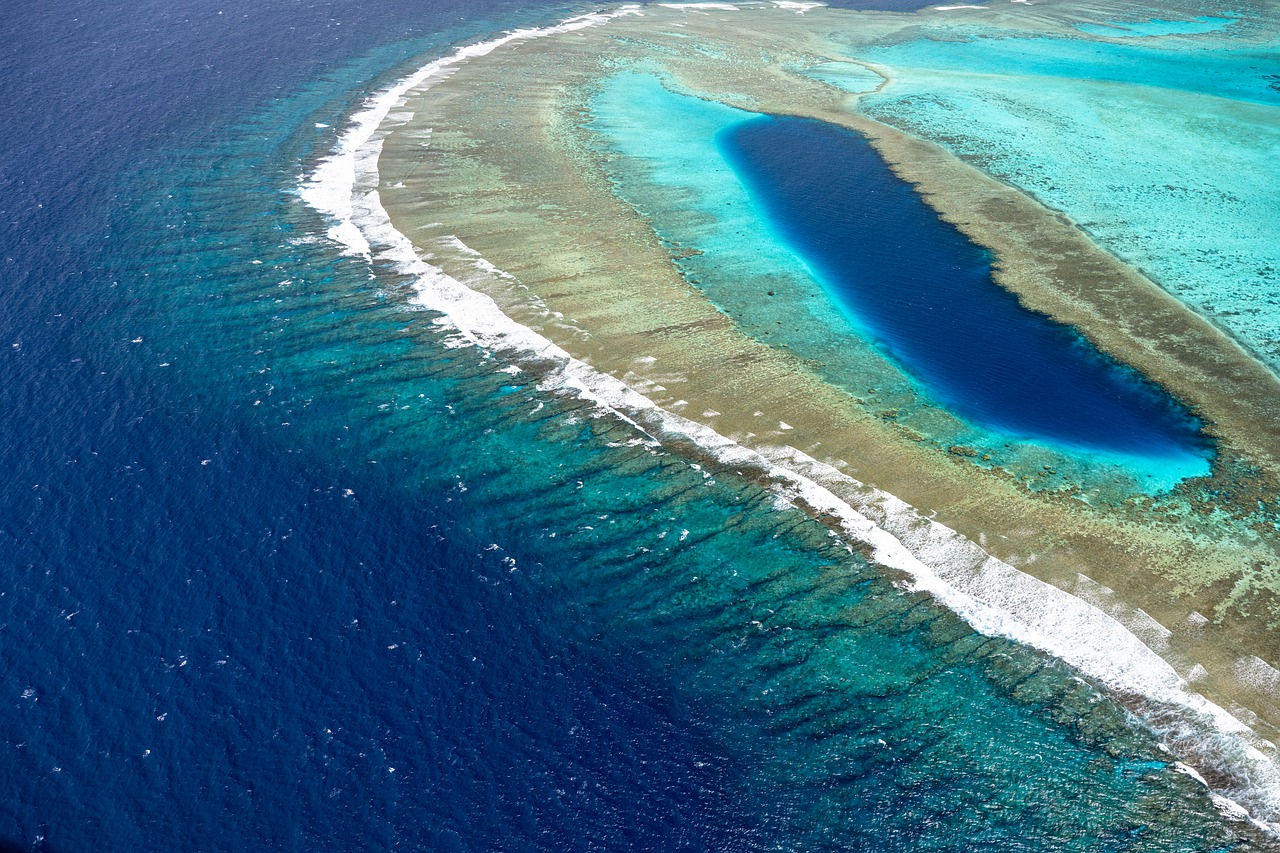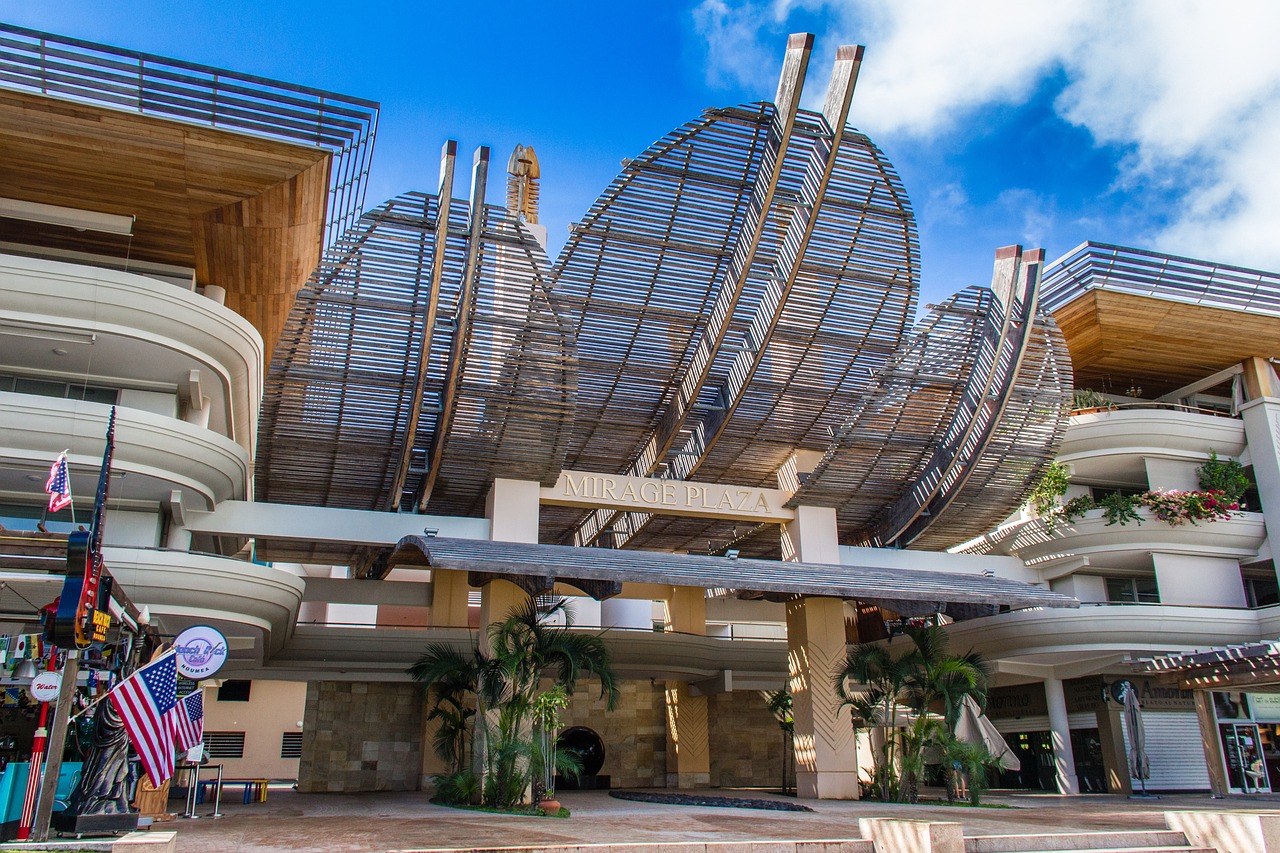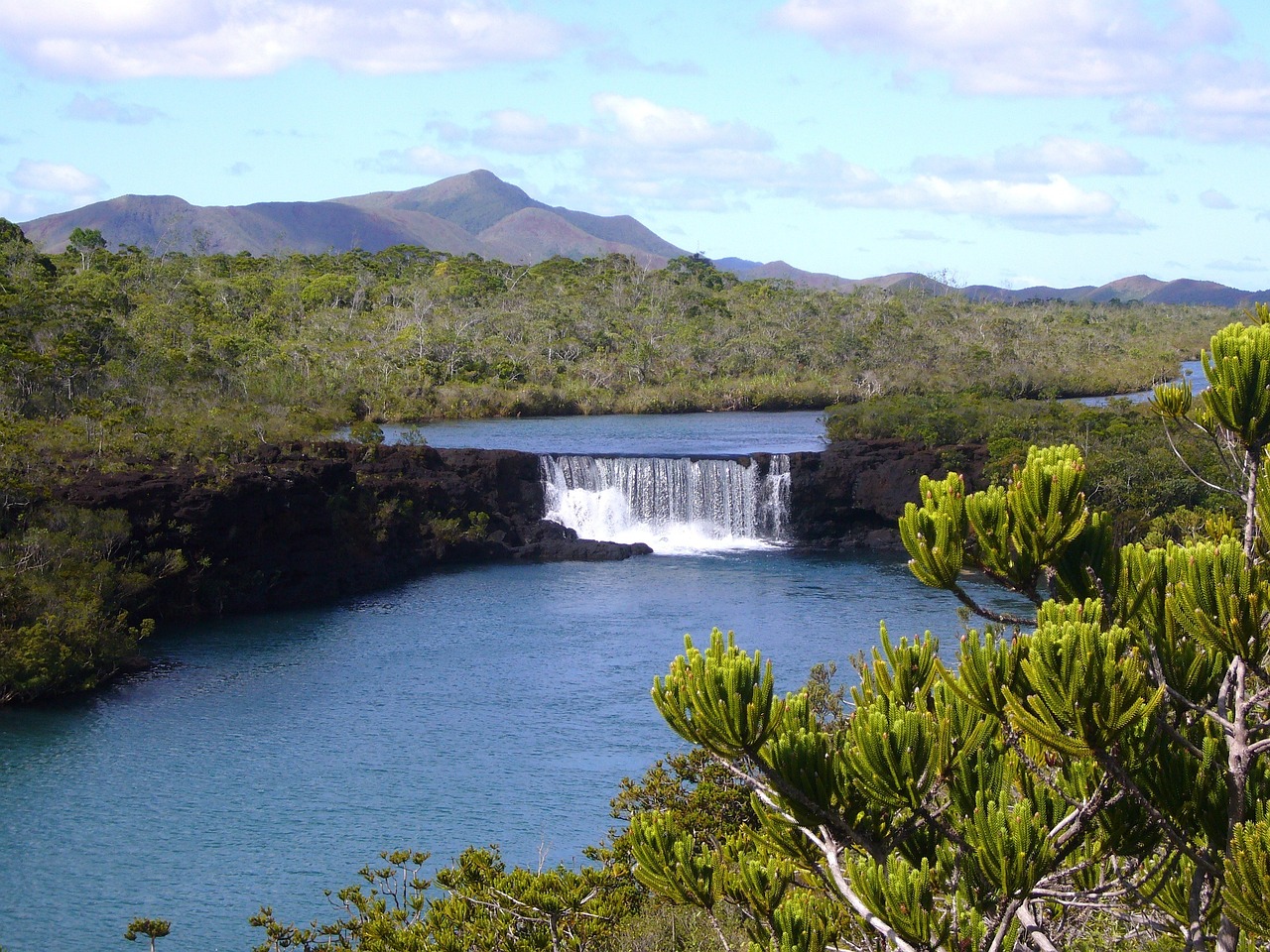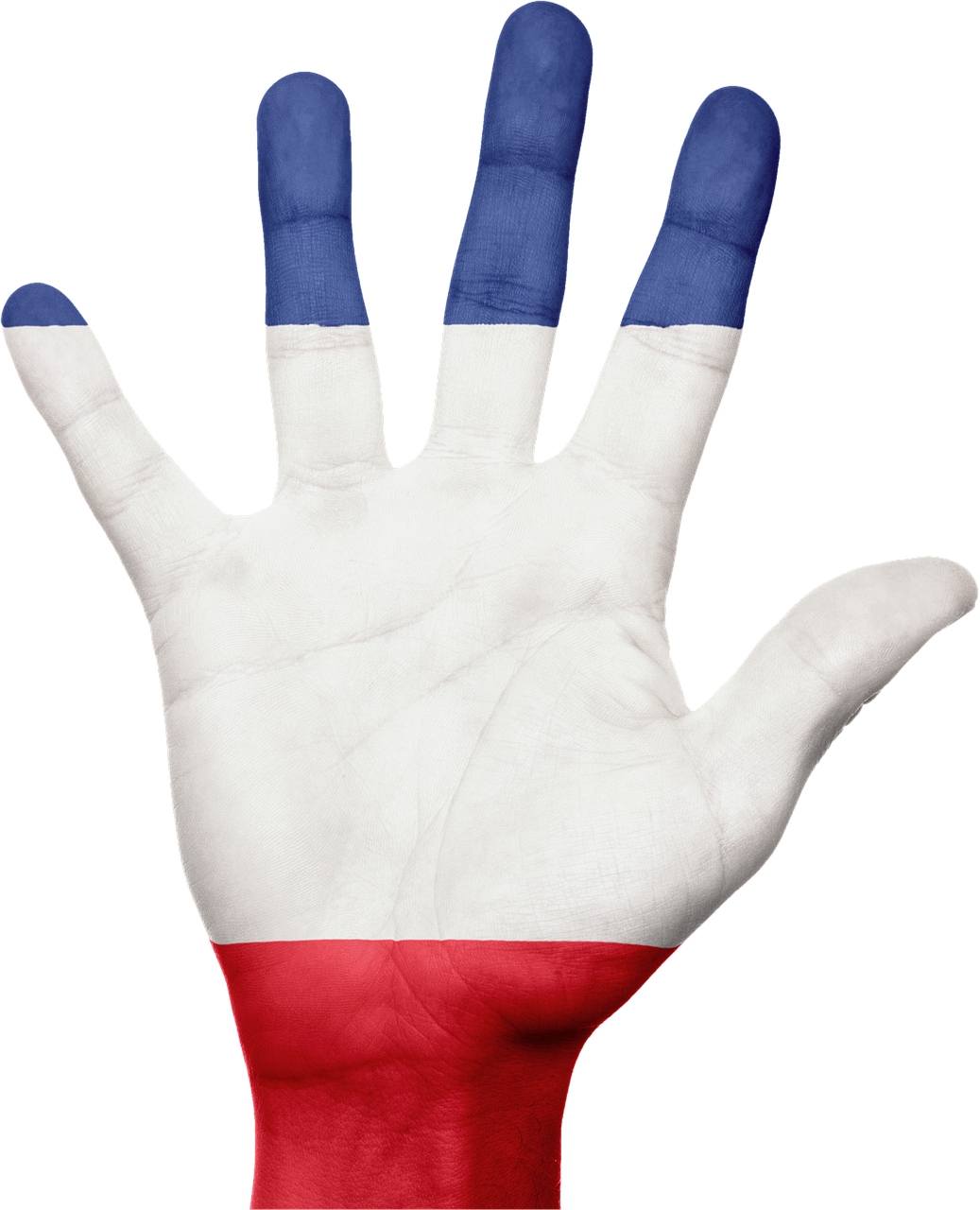New Caledonia Video
Language and Communication: Overcoming Barriers in New Caledonia
New Caledonia, a French territory located in the South Pacific, is known for its diverse culture and stunning natural beauty. With a rich history and a blend of various ethnicities, the island faces unique challenges when it comes to language and communication. This article will delve into the different barriers that exist in New Caledonia and how they can be overcome.
Language Diversity in New Caledonia
New Caledonia is home to a multitude of languages, reflecting its diverse population. The three main languages spoken are French, Kanak, and other Pacific languages. French is the official language, used in government, education, and business. Kanak, an indigenous language spoken by the Kanak people, holds great cultural significance. Additionally, the presence of other Pacific languages adds to the linguistic tapestry of the island.
- French: French is the most widely spoken language in New Caledonia. It is essential for communication in official settings and is taught in schools. Fluency in French is crucial for integration into society and accessing various opportunities.
- Kanak: The Kanak language is an integral part of Kanak identity and culture. Efforts have been made to preserve and promote the language, with initiatives such as bilingual education programs and cultural events.
- Pacific Languages: Alongside French and Kanak, other Pacific languages, such as Wallisian, Futunan, and Tahitian, are spoken in New Caledonia. These languages are often used within specific communities and contribute to the linguistic diversity of the island.
Barriers to Communication
Despite the linguistic richness, language barriers can pose challenges in New Caledonia. These barriers can be categorized into several key areas:
- Multilingualism: The presence of multiple languages can create communication difficulties, especially when individuals do not share a common language. This can hinder effective communication between different communities and impact social cohesion.
- Educational Divide: Disparities in language education can lead to unequal opportunities. While French language education is widely available, the same cannot be said for other languages, limiting access to education and employment for those who primarily speak non-French languages.
- Cultural Differences: Cultural differences can affect communication styles and norms. Understanding and respecting cultural nuances is crucial for effective intercultural communication in New Caledonia.
- Geographical Isolation: The island’s geography, with its numerous islands and remote communities, can contribute to isolation and limited access to language resources and learning opportunities.
Overcoming Language Barriers
Efforts are being made to overcome language barriers and promote effective communication in New Caledonia. Some strategies include:
- Bilingual Education: Bilingual education programs have been implemented to preserve indigenous languages while ensuring proficiency in French. This allows students to develop strong language skills in both their native language and French.
- Language Revitalization: Initiatives to revitalize indigenous languages, such as language immersion programs and cultural events, help preserve linguistic diversity and strengthen cultural identity.
- Language Exchange Programs: Language exchange programs provide opportunities for individuals to learn and practice different languages. These programs facilitate cultural exchange and foster understanding between communities.
- Community Engagement: Encouraging community engagement and dialogue helps bridge language barriers and fosters a sense of unity. Cultural festivals and events provide platforms for people to come together, celebrate diversity, and promote intercultural understanding.
New Caledonia Image 1:

Language Policy and Planning
Language policy and planning play a crucial role in addressing language barriers in New Caledonia. The government has implemented policies to promote linguistic diversity and ensure equal opportunities for all residents. These policies include:
- Bilingual Signage: The use of bilingual signage, incorporating French and indigenous languages, helps promote language visibility and recognition.
- Language Support Services: Language support services, such as translation and interpretation services, are provided to facilitate communication between different language communities.
- Language Training: Language training programs are offered to individuals interested in learning indigenous languages or improving their French language skills.
- Language Documentation: Efforts to document and preserve indigenous languages through research and documentation projects ensure their long-term survival.
New Caledonia Image 2:

Technology and Communication
Technology plays a significant role in bridging language barriers in New Caledonia. The use of digital tools and platforms can facilitate communication and language learning. Some examples include:
- Translation Apps: Mobile applications that offer real-time translation between different languages can be invaluable for individuals navigating language barriers.
- Online Language Courses: Online platforms and courses provide accessible language learning opportunities for those interested in improving their language skills.
- Social Media: Social media platforms allow individuals from different language communities to connect, share experiences, and learn from one another.
Conclusion
Language and communication are vital aspects of New Caledonia’s cultural fabric. While language barriers exist, efforts to preserve indigenous languages, promote bilingual education, and foster intercultural understanding are paving the way for effective communication and unity. By embracing linguistic diversity and implementing inclusive language policies, New Caledonia can continue to overcome language barriers and strengthen its rich cultural heritage.
New Caledonia Image 3:

References
– Official Government Portal of New Caledonia: gouv.nc
– Kanak Languages and Culture: kanak.nc
– French Institute in New Caledonia: ifc.nc
– UNESCO Atlas of the World’s Languages in Danger: unesco.org/languages-in-danger


